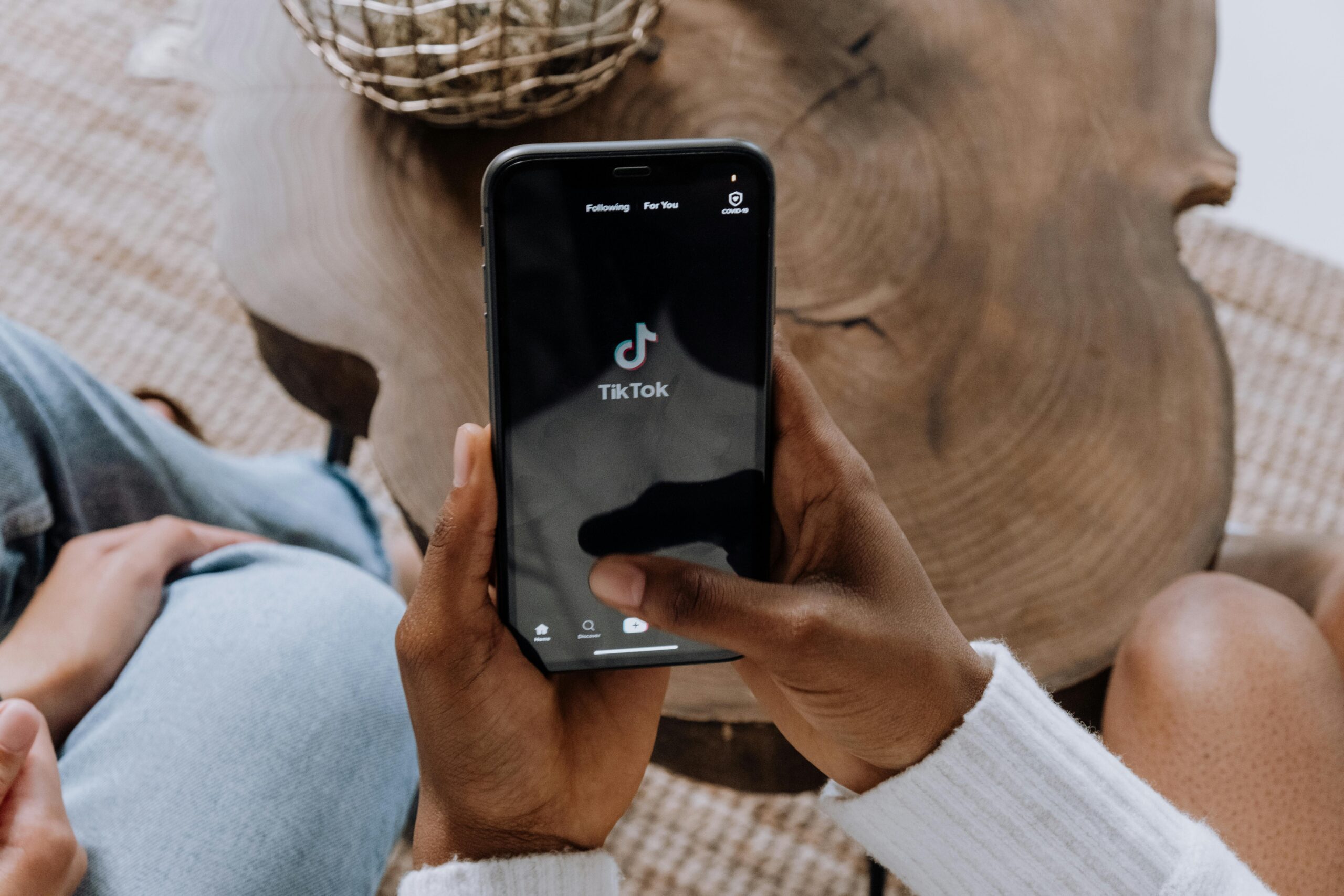ByteDance, the China-based parent company of TikTok, filed an emergency motion with the U.S. Court of Appeals for the District of Columbia, seeking to temporarily block a law that mandates the company divest TikTok by January 19 or face a potential ban in the United States. The companies warned that the law, if enforced, would shut down TikTok, one of the country’s most popular platforms with over 170 million monthly U.S. users, just weeks before the presidential inauguration.
ByteDance and TikTok are requesting the appeals court issue an injunction to halt the law’s enforcement while the U.S. Supreme Court reviews the case. The companies argue that without such an order, the law would take effect, causing significant harm to TikTok’s operations and user base. They further warned that the law could cripple TikTok’s presence in the U.S., potentially leading to its shutdown on the eve of a critical political transition.
Without a temporary injunction, TikTok faces the possibility of a U.S. ban in just six weeks, which would diminish the app’s value to ByteDance and its investors. Additionally, the millions of businesses and creators who rely on TikTok for marketing and sales would suffer significant losses. Last Friday, a three-judge panel of the appeals court upheld the law, which requires ByteDance to divest TikTok by January 19 or face a ban. However, ByteDance’s legal team argued that the likelihood of the Supreme Court intervening is high enough to justify pausing the law’s implementation for further review.
The companies also noted that incoming President Donald Trump has previously expressed opposition to banning TikTok, and they argued that delaying enforcement would provide the incoming administration time to reassess the situation, possibly rendering the need for Supreme Court intervention unnecessary. This delay, they contend, would allow the new government to make a more informed decision and potentially avoid the looming harms.
In response, the Justice Department urged the appeals court to quickly deny the emergency motion, arguing that doing so would maximize the time available for the Supreme Court to consider petitions from ByteDance and TikTok. The companies have requested the appeals court make a decision on their motion by December 16.
The final resolution of the case will ultimately rest with President Joe Biden, who must decide whether to grant a 90-day extension on the January 19 deadline, giving ByteDance more time to divest TikTok. The decision will then pass to President-elect Donald Trump, who will take office on January 20. However, it is unclear whether ByteDance will be able to demonstrate sufficient progress toward the divestiture process to qualify for an extension.
Trump, who attempted unsuccessfully to ban TikTok during his first term in 2020, has made it clear that he opposes such a ban, signaling that the incoming administration may seek a different approach. On Friday, Trump’s designated national security adviser, Mike Waltz, reiterated the former president’s position during an appearance on Fox Business Network, saying, “Trump wants to save TikTok. We absolutely need to allow the American people to have access to that app, but we have to protect our data as well.”
The legal battle centers on a law that gives the U.S. government sweeping powers to ban foreign-owned apps deemed to pose a national security risk, primarily because of concerns about the collection and use of American data. In 2020, Trump also attempted to ban the Tencent-owned app WeChat, but that effort was blocked by the courts.
In their motion, TikTok’s legal team also warned that the ruling could have far-reaching consequences for millions of users outside the United States. The company stated that, starting on January 19, hundreds of U.S.-based service providers responsible for maintaining, distributing, and updating TikTok would be unable to continue supporting the platform, disrupting services for users worldwide.
As the legal process continues, TikTok and ByteDance are hoping the courts will act swiftly to prevent the law from going into effect, allowing more time for a thorough review of the case by the highest court in the land. The fate of TikTok in the U.S. is now in the hands of the courts, the incoming Biden administration, and potentially, the Trump administration once he takes office
